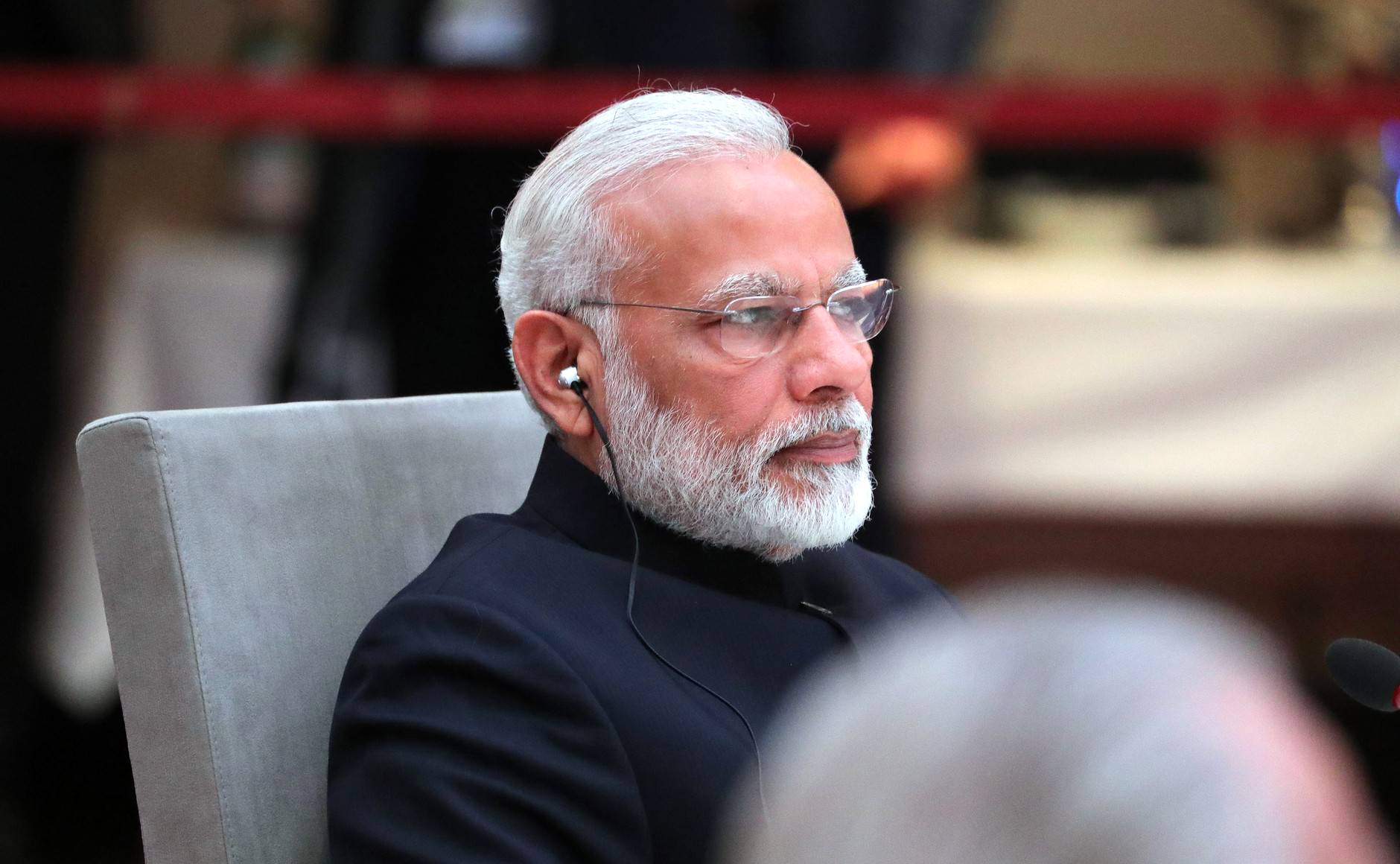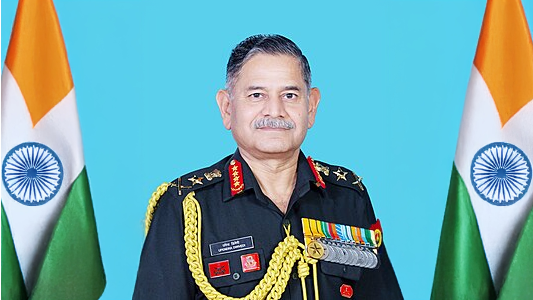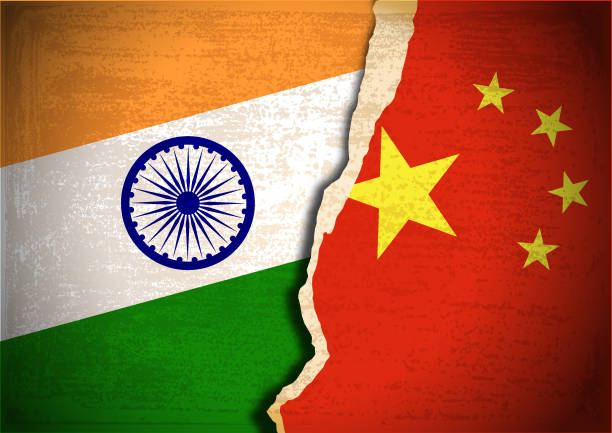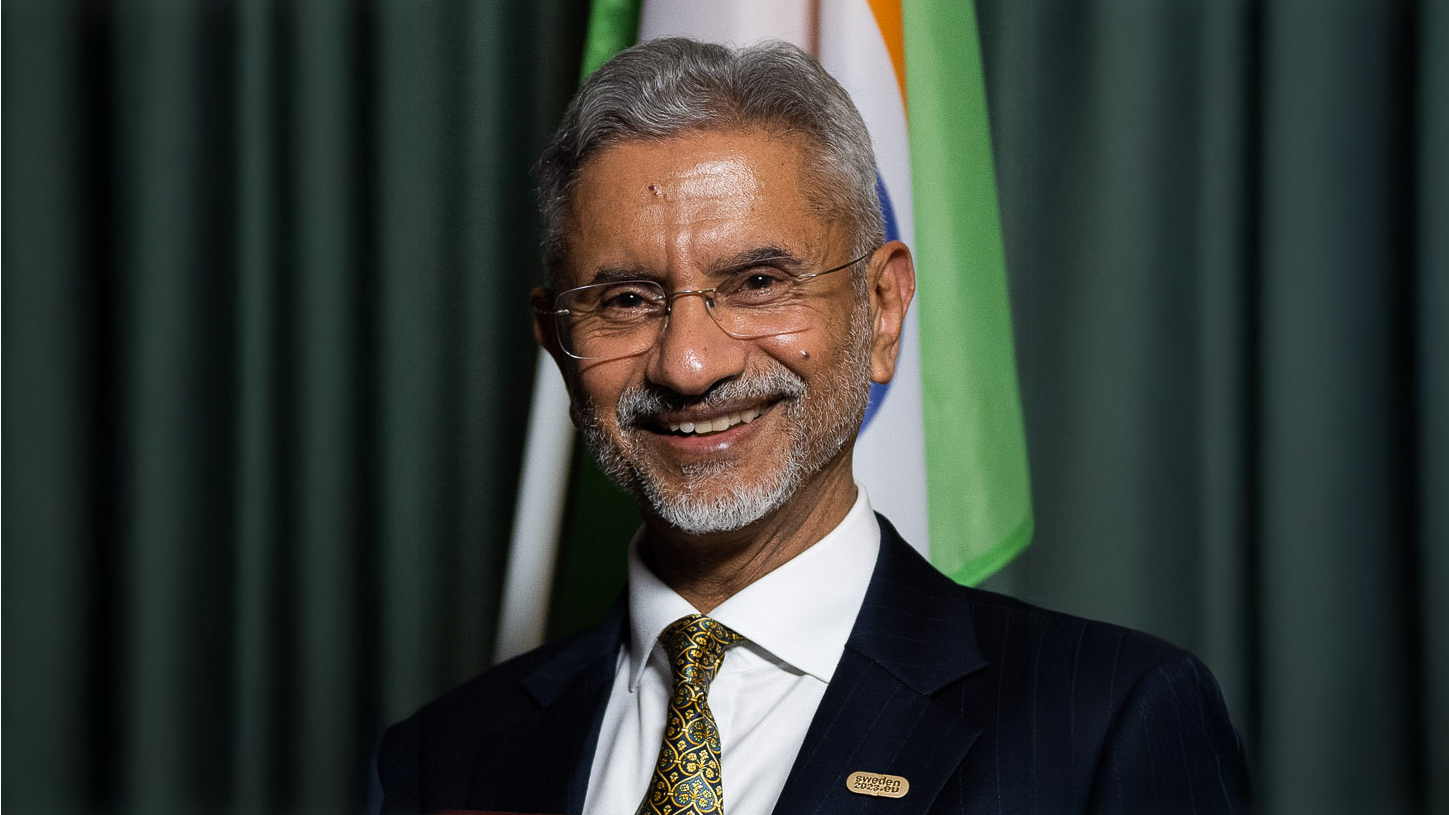India’s NSA Ajit Doval recently met with Chinese Foreign Minister Wang Yi to emphasize the urgent need for joint efforts against terrorism. Their talks highlighted regional security concerns and the importance of stable ties. Meanwhile, Defence Minister Rajnath Singh is preparing to visit China to attend the upcoming SCO meeting, signaling India’s continued engagement in multilateral security discussions.
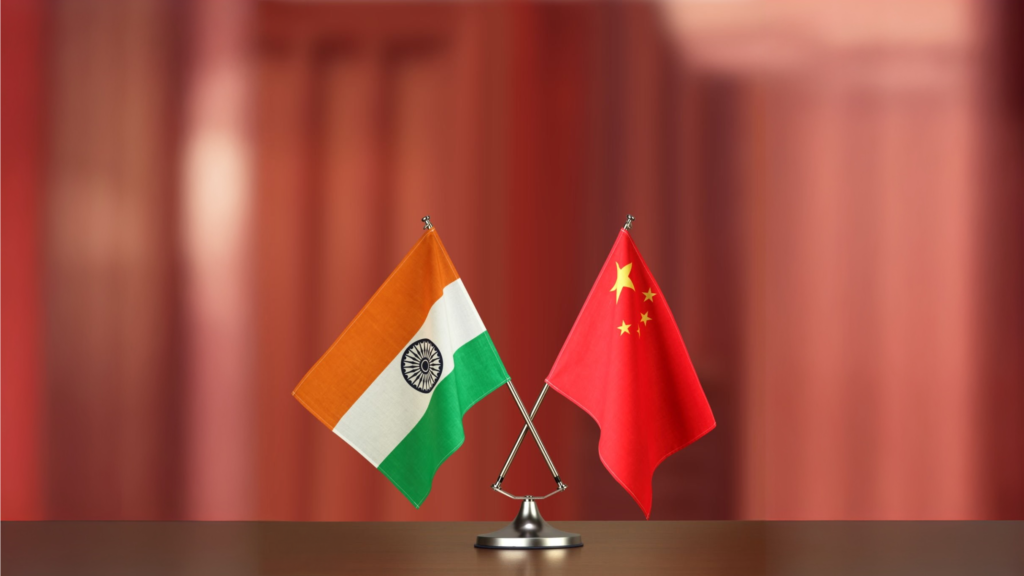
India, China Hold Talks on Terrorism and Border Stability
India’s National Security Advisor (NSA) Ajit Doval met Chinese State Councillor and Foreign Minister Wang Yi in Beijing on Monday. This important dialogue took place on the sidelines of the 20th meeting of the Shanghai Cooperation Organisation (SCO) National Security Advisors. The two leaders reviewed the state of bilateral ties and stressed the need to build stronger people-to-people connections between India and China.
During the meeting, NSA Doval made it clear that maintaining regional peace and stability was only possible by jointly combating terrorism in all its forms. India’s Ministry of External Affairs (MEA) later noted that both sides discussed recent developments in their relationship and agreed on the importance of continuing dialogue.
Doval Highlights Need for Peace on Borders
The meeting also paved the way for Ajit Doval and Wang Yi to soon meet again in India for the 24th round of Special Representatives (SR) level border talks. Emphasizing this, Doval reiterated that ensuring peace along the Line of Actual Control (LAC) remains critical for broader regional stability. He underlined that India would continue to firmly counter terrorism and expected similar commitment from all responsible nations.
Comes After India-Pakistan Clashes
These talks came against the backdrop of fresh tensions between India and Pakistan. Between May 7 and 10, both countries witnessed military skirmishes triggered by the April 22 terror attack in Pahalgam. While China condemned that attack, intelligence reports indicated that it continued supplying weapons to Pakistan even amid heightened tensions. This makes the India-China engagement even more significant for balancing regional security interests.
Rajnath Singh Set to Visit China for SCO Meet
India’s Defence Minister Rajnath Singh is also scheduled to travel to Qingdao, China, from June 25 to 27 for the SCO Defence Ministers’ meeting. Pakistani Defence Minister Khawaja Asif is expected to attend as well, setting the stage for a rare high-level gathering involving key regional powers.
This will mark the first visit by an Indian minister to China in seven years. The last such trip was in April 2018 when then External Affairs Minister Sushma Swaraj travelled to Beijing.
Rajnath to Hold Bilateral Talks with Chinese Defence Minister
On the sidelines of the SCO summit, Rajnath Singh will also hold one-on-one talks with his Chinese counterpart, Defence Minister Admiral Dong Jun. This bilateral engagement is expected to cover sensitive topics such as visa rules, the Kailash Mansarovar Yatra, data sharing on rivers, and restoring direct flight connections.
Their last meeting was in Laos during the ADMM-Plus summit, which happened to be the first direct conversation post the serious border standoff.
Eastern Ladakh Tensions Saw Recent Agreement
India and China had been locked in a tense standoff along the eastern Ladakh border since 2020. However, after multiple rounds of talks, a significant breakthrough was reached in December 2024. It was agreed that troops from both sides would withdraw from contested points in Depsang and Demchok.
Reports on October 18 revealed that troops would return to their pre-April 2020 positions and resume patrolling only in previously agreed areas. Moreover, it was decided that high-level military commander meetings would continue to ensure no flare-ups.
This was a major relief as tensions had persisted since the violent Galwan clash in June 2020. It took almost four years to achieve a new understanding. On October 21, India and China formalized fresh patrolling protocols aimed at preventing incidents like Galwan.
Troop Withdrawal Began in Late October
On October 25, both Indian and Chinese forces started pulling back from the eastern Ladakh border. As per ANI, soldiers removed their temporary shelters and military equipment from Demchok and Depsang. This cautious disengagement reflected a genuine effort by both sides to rebuild trust and avoid future confrontations.
India’s External Affairs Minister S. Jaishankar later remarked that this was crucial to restoring normalcy along the frontier and preventing conflicts that could spiral out of control.
The latest engagements between India and China—whether at the level of NSA talks or Defence Minister meetings—underline cautious optimism. Both nations seem aware that any fresh clash could upset not just bilateral ties but also broader regional peace. As terrorism threats loom and Pakistan remains a volatile factor, India’s message is clear: peace along borders and joint action against terrorism are non-negotiable priorities.
Also Read:
- S. Jaishankar: India’s Rise Helps All But Pakistan Blocks Its Own Progress
- G7 Summit 2025: PM Modi Reaches Canada for Talks on Major Issues
- Major Progress in India-EU FTA, Says EAM Jaishankar
Author

Aditya
Aditya is a dedicated writer at InsightIndia.in, covering the latest news from across India with a focus on results and public updates. With a strong eye for accuracy and clarity, he brings timely information to readers, helping them stay informed about key developments and outcomes that matter.




